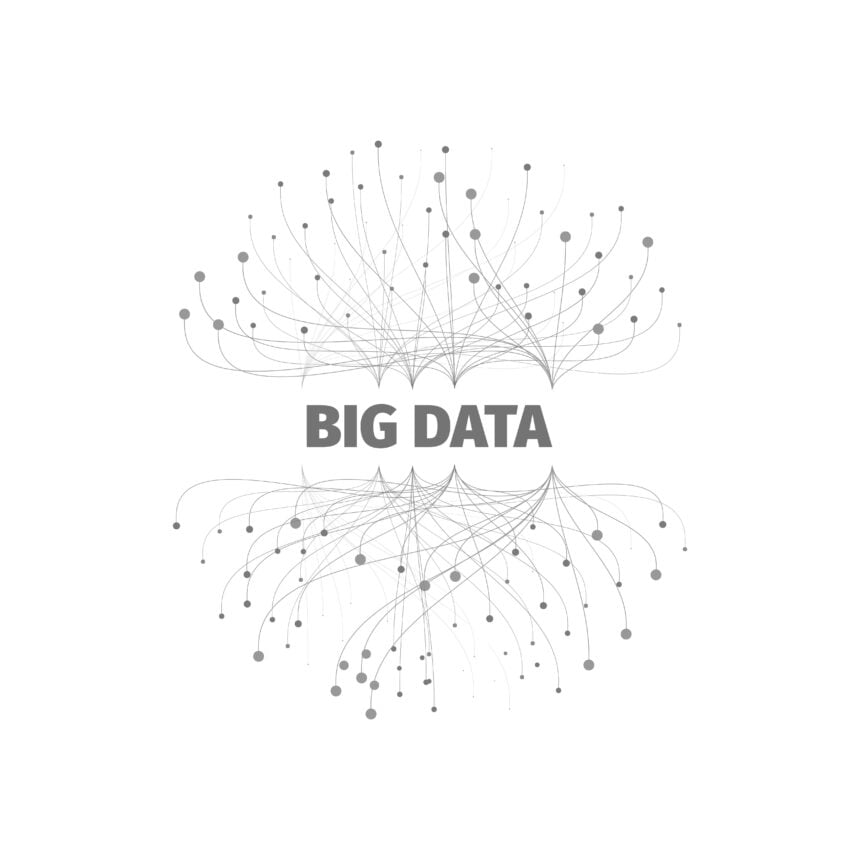Big data is changing the world in some massive ways. However, there are more subtle changes that it has brought that have received less discussion.
One of the biggest benefits of big data is that it facilitates the exchange of documents, even across devices. Some organizations have started using data technology to transfer pdf to iPad without iTunes much more easily.
One of the major changes big data has created has been a shift from certain types of media to others. A number of people may start preferring to use PDFs instead of Microsoft Word documents. This is one of the many things that businesses should be thinking about when using big data.
Scalability was an issue with PDF document creation before big data became a popular thing, although there are still ways to make file sizes of PDFs smaller. The good news is that new advances in big data have made it easier to work with larger numbers of sizeable PDF files.
When it comes to sending documents, you have many options. You can send documents in their original format – usually some version of Microsoft Office at this point – or you can convert the file from word to PDF and send them that way. As a general rule, PDF is a safer choice than sending a file in a word document, and there are many reasons why this is the case.
What is A PDF and Why Are They Becoming More Popular in the Big Data Era?
PDF – short for portable document format – are documents that cannot be edited without the right software. This means that sending a document as a PDF file increases the odds that the document will be received and read in the exact format in which it was sent, thus helping to protect your integrity of the file that you were sending.
There are a number of reasons that they are becoming more popular as big data advances are accelerating. Some of these benefits are listed below.
Security Advantages as Hackers Use Machine Learning to Create More Complex Attacks
Online security is becoming a much bigger concern as hackers find more creative ways to use big data to orchestrate cyberattacks. They use machine learning to exploit security vulnerabilities in various types of media, which is something that you need to be prepared to deal with.
In addition to the variety of concerns about the document being tampered with, PDFs have numerous security advantages that can make them a much better way to electronically send sensitive documents. If you have the right software, you can create passwords on PDF files or require electronic signatures before opening, thus ensuring that they are only sent by the people to whom you send them. You can also make a variety of other limitations to PDF documents that cannot be made on Word documents. For example, you can choose to not allow your files to be printed, thus ensuring that they remain firmly lodged on your computer network. They are a much safer option in a world where hackers use big data to identify and take advantage of security vulnerabilities.
Safety
The safety of PDF files can be dramatically enhanced when you download and view a PDF in an appropriate viewer. This is something that can be very important to do, as these viewers will often scan a file for viruses or malware before allowing you to open them. This, of course, can give you additional protection and ensure that you don’t accidentally give someone access to your sensitive information when opening a file. This is a major factor to consider when trying to assess the benefits of using big data.
Like any other computer safety feature, this is only important as long as you open your files and view them the right way. Make sure that you keep any PDF viewer up to date. However, as long as you monitor your software for updates and only open files from trusted senders, PDFs provide a variety of safety and security upgrades that simply cannot be matched by any other program.
Easy to Use
Of course, PDFs are better for more than just reasons of security. They are easier to use, compress files, and are incredibly easy to send. They can also be used for a variety of files, not just word documents, and the way the files are compressed enables them to still maintain graphical fidelity. This occurs for all elements of a document, not just text.
As you can see, there are many reasons why a PDF is a much preferable choice to sending a file in a word document. Thankfully, PDFs are also industry-standard, and a variety of programs exist that can easily allow you to create PDFs and use them for work purposes.







